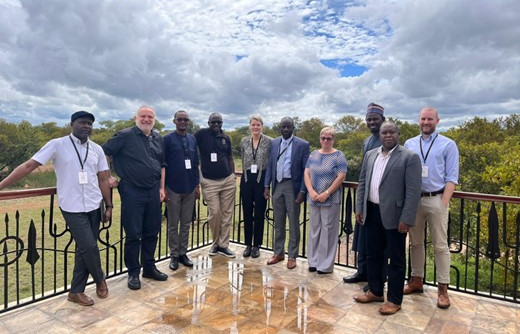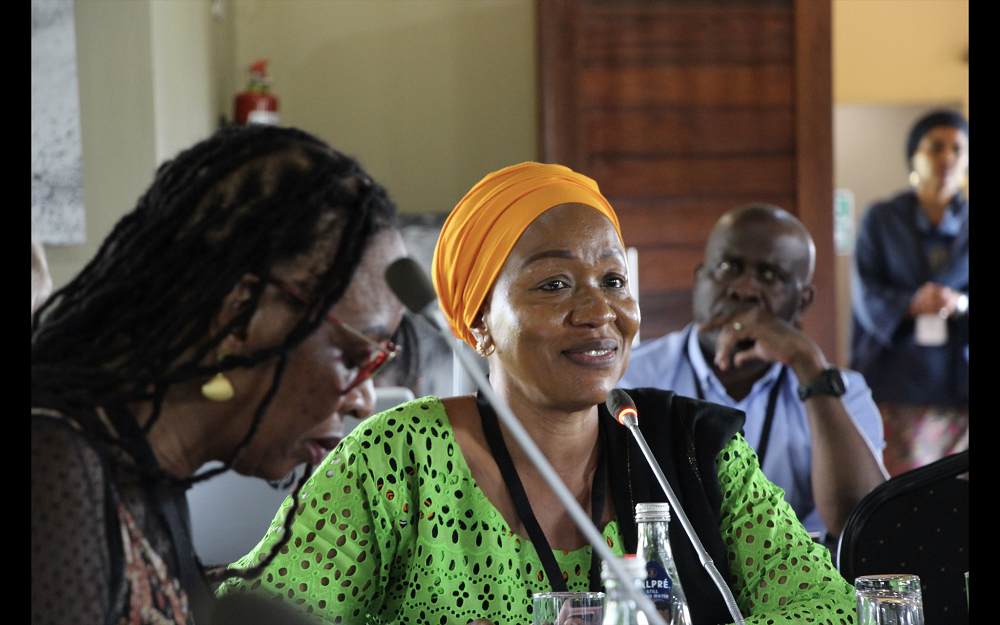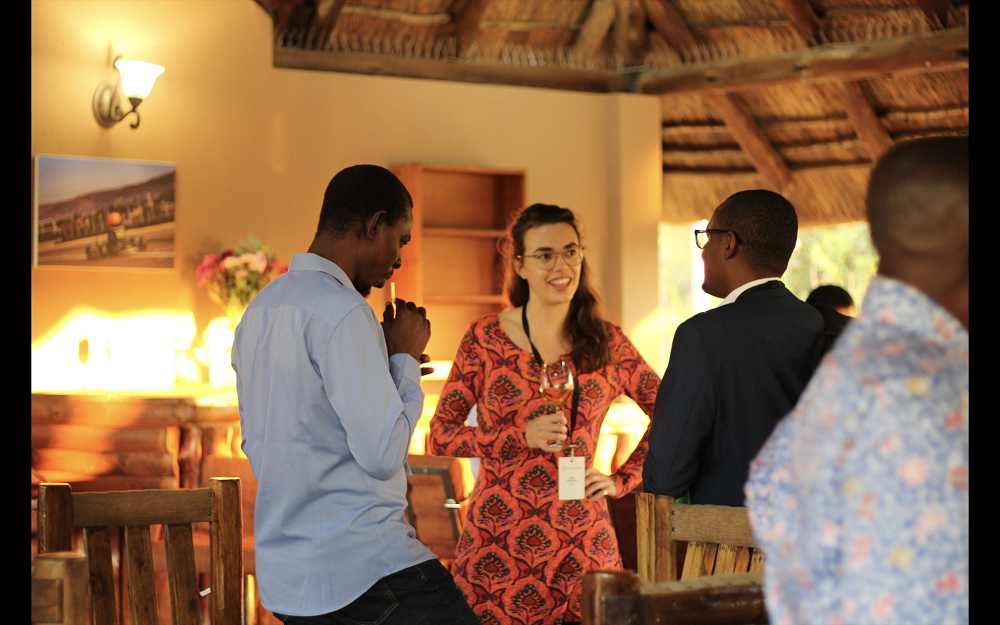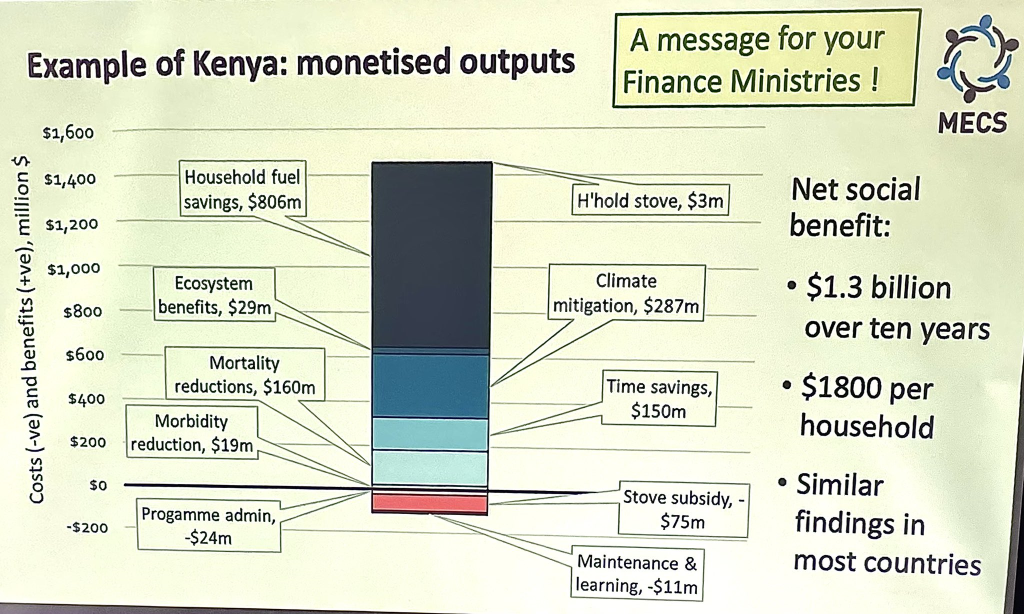
- Date
- 15th February 2023
- Categories
- General
The Modern Energy Cooking Services (MECS) programme (funded by UK aid) and Climate Parliament with Sustainable Energy for All (SEforALL), led discussions with elected lawmakers and regulators which explored the multiple opportunities to be tapped into by integrating electric cooking into electrical grid infrastructure, during the ‘SMART Cooking’ forum held in South Africa from 13-14 February 2023. The forum aimed to stimulate discussion on energy planning and modern energy cooking.

The forum addressed the central question: “How can we ensure that our planning for modern energy is ‘integrated’; inclusive of all sections of society and includes the provision of smart modern energy cooking with energy efficient devices that does not harm the cook, their family, or the environment?”. The discussions focused on the integration of electrical cooking on to grids, the role of other modern energy fuels, the emergence of off-grid renewable energy that can deliver eCooking, the role of carbon credits in finance and other aspects of energy and gender, climate finance, and sustainable modern energy cooking services. The ‘SMART cooking’ theme of the Forum emphasised the benefits to be gained from applying a ‘SMART’ indicators of success (Specific, Measurable, Achievable, Realistic, Timeframe) approach to the integration of clean cooking in electrification planning in order to unlock the multiple health, gender, environmental and livelihood benefits that clean, electric cooking offers.

Around forty members of parliament and seven regulatory bodies from Africa and South Asia attended the forum, representing Ghana, Nigeria, Malawi, Zambia, Rwanda, Kenya, Uganda, Tanzania, Sierra Leone, Nepal, Bangladesh, India, South Africa, Bhutan and Mozambique.

The event itinerary was comprised of a diverse range of keynote presentations, moderated discussions and networking opportunities, including:
- An introductory overview session chaired by Sergio Missana (Climate Parliament) featuring a keynote by Professor Ed Brown (MECS; Loughborough University, UK) which provided an overview of SMART cooking;
- A session entitled ‘Urban Poverty, Rural Challenges, Alternative Fuels’ chaired by Magi Matinga which explored energy-based opportunities for economic growth from integrated energy planning and a domestic transition to modern energy cooking across different national realities. There was a separate breakout discussion session which brought together the seven regulators, Ed Brown, Andy Flagg (Coordinator, Regulatory Energy Transition Accelerator), Debbie Roets (Executive Secretary, African Forum for Utility Regulators) Nicolina Lindblad (Energy Specialist, SEforALL) and Eliza Cocksworth (Network and Finance Coordinator, Climate Parliament);
- A session led by the SEforALL team which introduced the SEforALL integrated planning tool and highlighted experiences from SEforALL’s recent integrated energy planning (IEP) efforts in Nigeria and Malawi,
- A session focused on cooking and climate change chaired by Nick Dunlop (Climate Parliament); featuring a discussion where a participant from each country reported on whether their National Determined Contributions include clean cooking, and whether recent planning discussions are integrating modern energy and cooking;
- A session chaired by Dr Anna Clements (MECS, Gamos Ltd.) which explored how carbon and climate finance can open up opportunities for accelerating access to eCooking, which featured a keynote by Professor Matthew Leach (MECS);
- A session chaired by Alicia Butterfield (MECS; Loughborough University) which brought together sector experts with MPs to explore which next steps individual governments should take to accelerate access to eCooking in their own countries, and how these steps can be supported.
…………………………………………….
Featured image, top: Regulators and representatives of RETA, AFUR and MECS (image credit: Eliza Cocksworth, Climate Parliament).